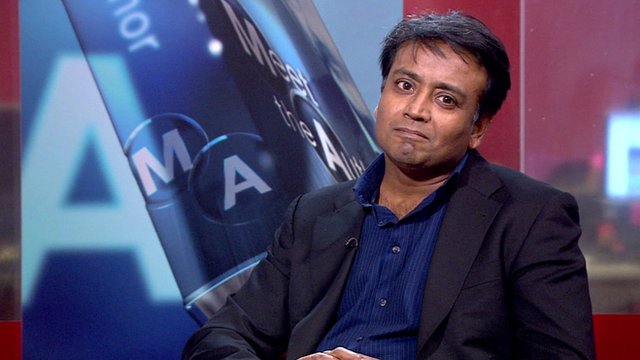Onafhankelijk van geboortedata
De Britse schrijver Zia Haider Rahman werd in 1969 geboren op het platteland van Bangladesh in de regio Sylhet. Volgens hem zelf is zijn moedertaal Sylheti en niet het Bengaals, hoewel hij dat laatste wel verstaat. Hij verhuisde als baby naar Londen na de oorlog tussen Pakistan en Bangladesh in 1971. Zijn familie leefde als krakers in een vervallen gebouw voordat zij verhuisden naar een huis van de gemeente. Zijn vader werkte als bus conducteur en ober en zijn moeder was naaister. Rahman bezocht een scholengemeenschap. In een interview merkte hij op dat hij ‘opgroeide in armoede, in een van de naarste omstandigheden in een ontwikkelde economie. “Rahman behaalde een eerste klas graad aan Balliol College, Oxford, en studeerde verder aan het Maximilianeum en aan universiteiten in München, Cambridge en Yale. Hij werkte als investment-banker bij Goldman Sachs in New York voordat hij aan de slag ging als bedrijfsjurist en daarna als advocaat op het gebied van internationale mensenrechten en corruptie. Hij heeft ook gewerkt als anti-corruptie activist voor Transparency International. Zijn debuutroman “In het licht van wat we weten” werd uitgebracht in het voorjaar van 2014 Het boek werd door de critici goed ontvangen en vertaald in verschillende talen, waaronder Nederlands, Hebreeuws, Spaans, Frans, Duits, Bengali, en Portugees.
Uit:In the Light of What We Know
“In the early hours of one September morning in 2008, there appeared on the doorstep of our home in South Kensington a brown-skinned man, haggard and gaunt, the ridges of his cheekbones set above an unkempt beard. He was in his late forties or early fifties, I thought, and stood at six foot or so, about an inch shorter than me. He wore a Berghaus jacket whose Velcro straps hung about unclasped and whose sleeves stopped short of his wrists, revealing a strip of paler skin above his right hand where he might once have worn a watch. His weathered hiking boots were fastened with unmatching laces, and from the bulging pockets of his cargo pants the edges of unidentifiable objects peeked out. He wore a small backpack, and a canvas duffel bag rested on one end against the doorway.
The man appeared to be in a state of some agitation, speaking, as he was, not incoherently but with a strident earnestness and evidently without regard for introductions, as if he were resuming a broken conversation. Moments passed without my interruption as I struggled to place something in his aspect that seemed familiar, but what seized me suddenly was a German name I had not heard in nearly two decades.
At the time, the details of those moments did not impress themselves individually upon my consciousness; only later, when I started to put things down on paper, did they give themselves up to the effort of recollection. My professional life has been spent in finance, a business concerned with fine points, such as the small movement in exchange rates on which the fate of millions of dollars or pounds or yen could hang. But I think it is fair to say that whatever professional success I have had – whatever professional success I had – owes less to an eye for detail, which is common enough in the financial sector, than it does to a grasp of the broad picture in which wide patterns emerge and altogether new business opportunities become visible. Yet in taking on the task of reporting my conversations with Zafar, of collating and presenting all the material he provided, including volumes of rich and extensive notebooks, and of following up with my own research where necessary, it is the matter of representing details that has most occupied me; the details, to be precise, of his story, which is – to risk putting it in such dramatic terms as Zafar would deprecate – the story of the breaking of nations, war in the twenty-first century, marriage into the English aristocracy and the mathematics of love.”

Zia Haider Rahman (Sylhet, 1969)
